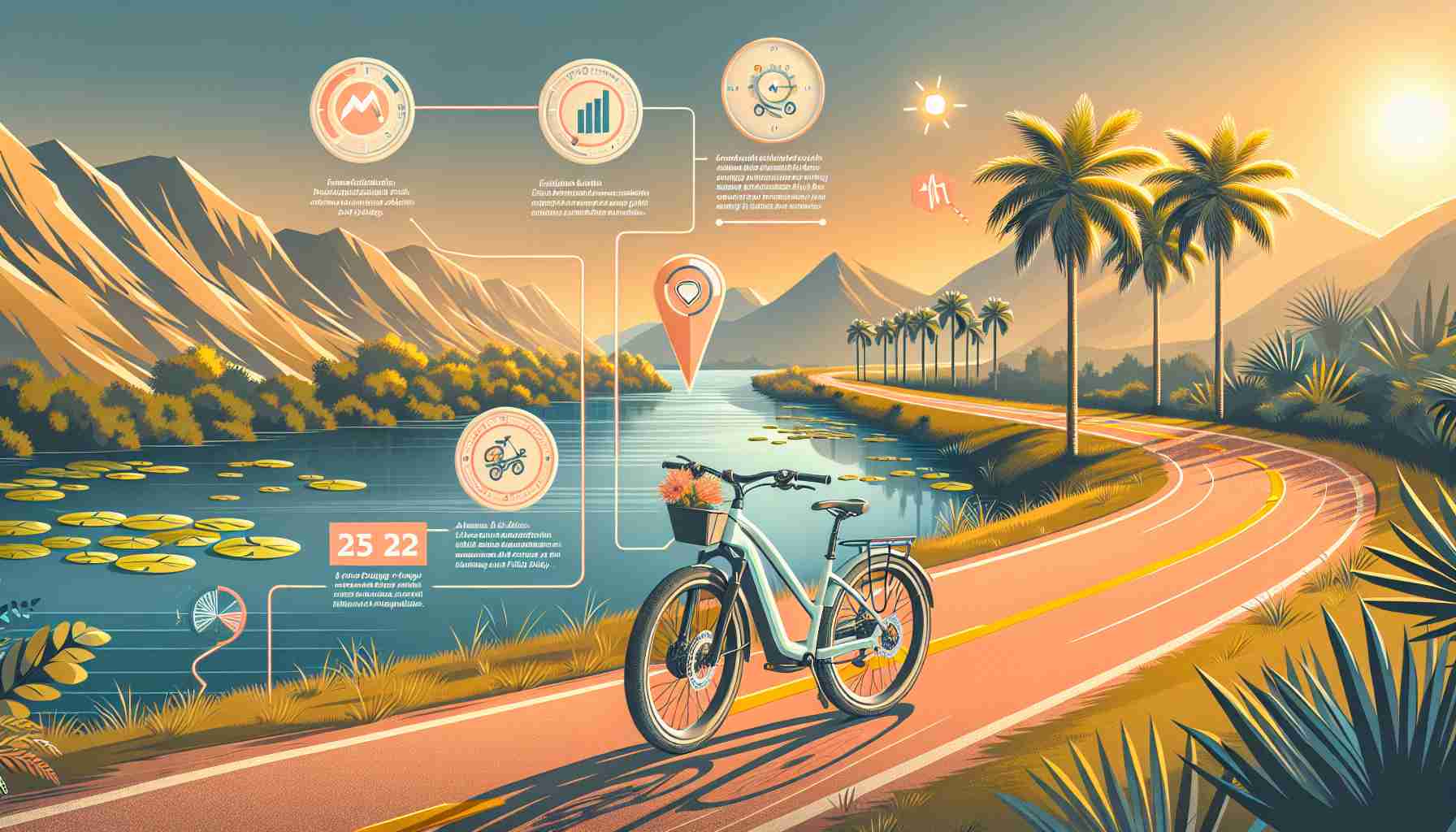In Florida, outdoor enthusiasts are increasingly embracing electric bikes (e-bikes), particularly on hiking and biking trails. A recent inquiry about the rules surrounding e-bike usage has brought clarity to an important aspect of trail access. According to local traffic safety experts, e-bikes are indeed permitted on trails where bicycles are allowed, provided there are no specific signs prohibiting them.
This interpretation of the law highlights that the term “motor vehicle” does not encompass e-bikes, allowing riders to enjoy the many picturesque trails Florida has to offer. With diverse landscapes ranging from coastal paths to serene woodlands, the state’s trails present an excellent opportunity for people to explore nature while riding an e-bike.
However, e-bike riders must adhere to the same regulations that govern traditional cyclists. This includes yielding to pedestrians and, for younger riders, the necessity of wearing appropriate safety gear. It’s crucial that e-bike users maintain a high level of caution, as these electric bikes can accelerate quickly, and responsible riding is essential to ensure the safety of all trail users.
The accessibility of e-bikes opens up a new avenue for recreational opportunities, inviting both seasoned cyclists and newcomers to experience Florida’s stunning outdoor environments responsibly. As interest in e-biking continues to grow, understanding and respecting trail etiquette remains paramount for all riders.
In recent years, the e-bike industry has experienced significant growth, with forecasts indicating that this trend will only continue. According to industry reports, the global electric bike market is projected to reach over $40 billion by 2026, with a compound annual growth rate (CAGR) of approximately 7% from 2021 to 2026. Factors driving this growth include increasing urbanization, rising environmental awareness, and a growing emphasis on health and fitness.
In the United States, particularly in regions like Florida, the adoption of e-bikes is being propelled by various incentives and changing consumer preferences. Many municipalities are promoting e-bikes as an alternative to traditional vehicles to reduce carbon footprints and alleviate traffic congestion. As more people seek convenient and efficient transportation options, e-bikes are becoming a popular choice for both commuting and recreation.
Moreover, the versatility of e-bikes caters to a broad audience, from casual riders to those looking for a more physical workout. E-bikes come in various styles, including mountain, road, and commuter models, allowing users to select the ideal bike for their intended use. This diversity not only widens the customer base but also enhances the overall user experience.
However, the e-bike industry does face several challenges. One significant issue is the lack of standardized regulations across different states and municipalities, which can create confusion for riders and manufacturers alike. While Florida has clarified its stance on e-bike use in public spaces, other regions may have varying rules, making it essential for riders to familiarize themselves with local regulations.
Additionally, concerns about safety and infrastructure are prevalent. As e-bikes gain popularity, municipalities need to ensure that biking trails and roads are adequately designed to accommodate both traditional cyclists and e-bike riders. This includes implementing clear signage, maintaining safe pathways, and promoting proper riding etiquette among all users.
In summary, while the e-bike industry is thriving and offers exciting opportunities for outdoor enthusiasts in Florida and beyond, addressing regulatory inconsistencies and safety concerns will be crucial to sustaining its growth. Awareness of responsible riding practices and adherence to local laws will help foster a safe and enjoyable environment for everyone involved.
For more information on the e-bike market and industry insights, visit BikeBiz or Electric Bike.







